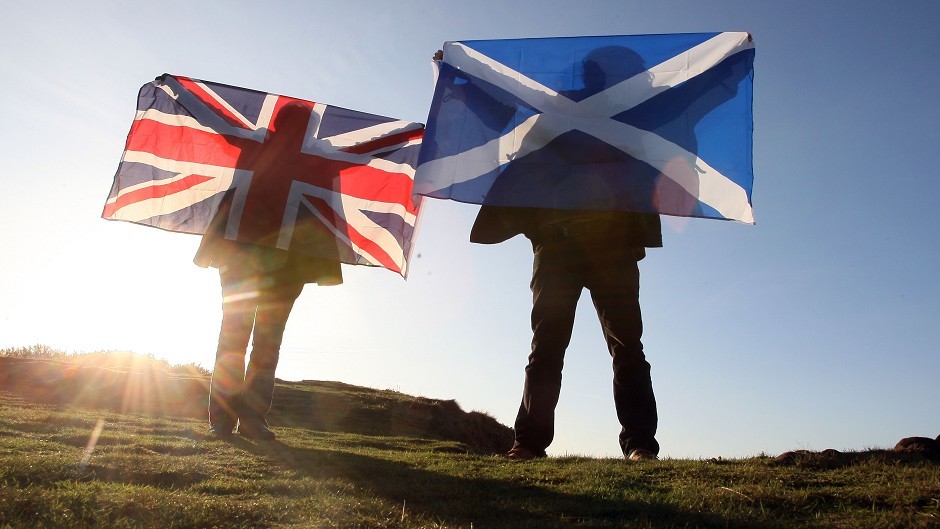Former First Minister Jack McConnell has urged people to “save” devolution and Home Rule for Scotland by rejecting independence.
The former Labour MSP said he was a “patriot and a democrat” who loved his country and voting “no” on September 18 was a positive choice.
Speaking in Edinburgh yesterday, he said: “I appeal to those who believe in Scotland, who care about Scotland, who are democrats and patriots but not nationalists, to think twice.
“Not to save the union but to save devolution, to save Home Rule inside the UK.”
Now known as Lord McConnell of Glenscorrodale, he claimed devolutionists had been “complacent and wrong to assume” that Home Rule was the settled will of people in Scotland.
“I think the campaign has become unnecessarily polarised between unionism and nationalism and does not reflect modern Scotland which is Home Rule within the UK,” he added.
“It is time for those of us who played such a big part in creating Home Rule and also work to come out fighting for it.”
Lord McConnell shared a platform with former Deputy First Minister Jim Wallace at a Better Together event to mark the 15th anniversary of the Scottish Parliament.
The Labour peer, who was first minister between 2001-2007, called for a “Conference for a New Union” to be established after a “no” vote.
“I think the time has come 15 years on for a serious look at the way the UK is governed following the devolution of power to Scotland, Wales and Northern Ireland,” he said.
“There is also an issue about how power is exercised at the centre and a Conference of the New Union would look at the UK is governed.”
Lord McConnell said he hoped the three unionist parties could agree to join the body after a “no” vote and press ahead with discussions for reform whatever the general election result next year.
He told an audience of mostly pro-UK supporters that a dislike for First Minister Alex Salmond and Prime Minister David Cameron were not reasons to vote yes or no.
“The question in September is not about colonialism, subjugation or ‘freedom’ from the English,” he added.
“It is about how we choose to be governed and whether we share the good times and the bad times or do we not.”
